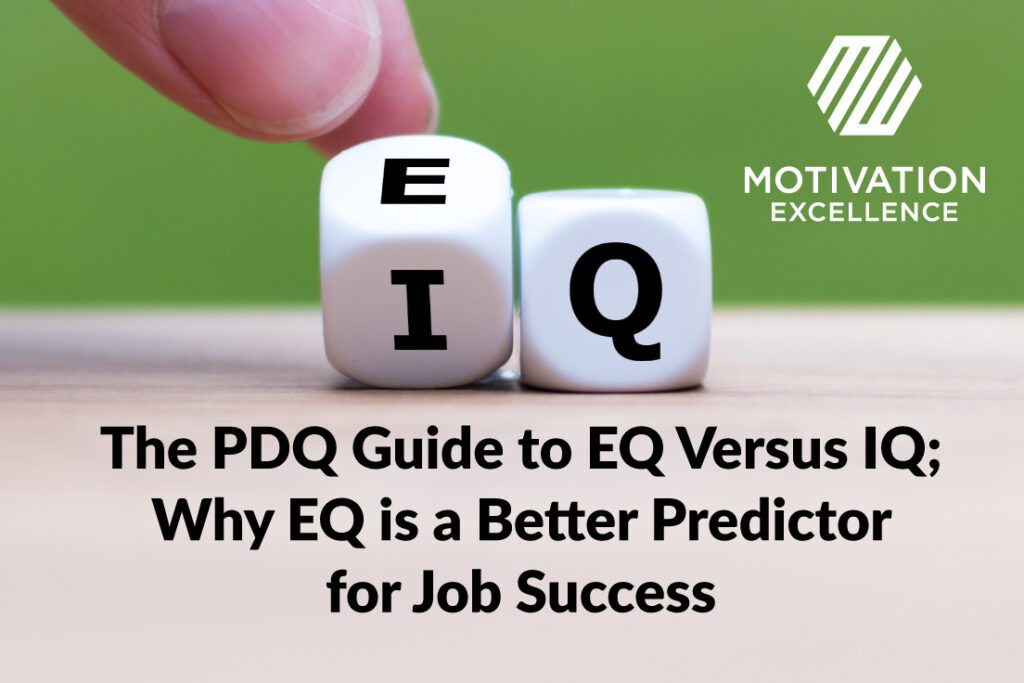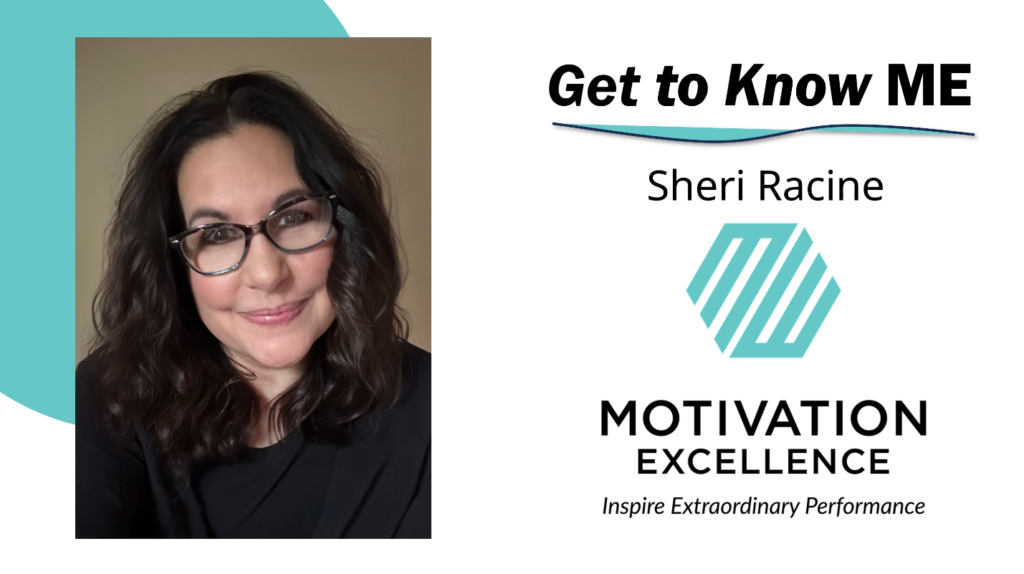May is mental health awareness month. It’s also a time we celebrate moms, often our emotional support advocate. Finally, for students and teachers it’s the end of the year, which usually brings on extra stress. This is the perfect month to talk about EQ!
What is EQ?
We know that IQ stands for Intelligence Quotient. Have you heard of EQ? It’s your Emotional Intelligence. VeryWellMind.com likens it to book smarts versus street smarts.
IQ looks at:
- cognitive abilities
- memory
- reasoning
- visual and spatial processing
- general knowledge of the world
EQ looks at:
- identifying emotions and motivations
- perceiving how others feel
- self-regulation and awareness
- empathy
- communication skills
Both have significant roles in our lives, and there’s a lot of discussion about which one is actually a better predictor of success. Having a high IQ certainly sets you up to a certain level, but EQ proponents will argue that a high emotional intelligence score puts you ahead of the pack when it comes to leadership and rising the ranks.
World Economic Forum recently reported very interesting statistics regarding EQ. RallyBright.com echoed the findings. It’s a top skill to have for career success.
- Those with high EQ are 127 times more productive than those with low EQ
- EQ is responsible for 57% of job performance
- When compared to someone with similar IQ and technical skills, EQ accounts for 90% of why someone gets promoted
Why EQ is Important
Now that we’ve established what EQ is, let’s look at how it can create a better trajectory for your career (or life in general, really). Psychologist and author, Daniel Goleman, is a thought leader on EQ. He details the five characteristics of high EQ and how they equate to better leaders. You can hear him talk in depth on this topic in a March Sounds True podcast.
TalentSmart, an EQ training company, found that EQ also equates to a higher salary. According to their research, people with a high degree of emotional intelligence make an average of $29,000 more per year than those with a low degree of EQ. In fact, they report that every point increase in EQ equals a bump of $1,300 to an annual salary.
Maya Angelou is quoted as saying, “I’ve learned that people will forget what you said, people will forget what you did, but people will never forget how you made them feel.” This is what emotional intelligence is all about. If you leave someone feeling good about themselves, their project or just life in general, they’ll remember that sense of good will and appreciate interactions with you.
Think about it. Whom would you rather work for: a negative, insulting, know-it-all, or a kind, inquisitive and compassionate person? As a leader, do you know the names of your employees’ kids? Are you empathetic to struggles at work and at home? Do you understand what motivates each team members’ best performance? If you answered no to any of those questions, it’s time to work on improving your EQ score!
Boosting Your EQ
While your IQ score might not change much over time (although you can always be a lifelong learner), you have the power to increase your EQ through practice and mindful decisions. Start with taking an EQ quiz or two to gauge your starting point.
The Institute for Health and Human Potential has a very quick (less than two minutes) quiz to get you started. Psychology Today has a much longer version (45 minutes) if you really want to continue this journey.
There are also a variety of tips to increase your EQ score over time. Inc.com shares ten strategies to enhance your EQ no matter your starting score. They include:
- Communicate assertively (not aggressively, or passively)
- Respond rather than react
- Be an active listener
- Learn self-awareness
- Be sociable and approachable
Research shows companies who hire employees with high EQ see major increases in total sales and productivity. In addition, 90% of top performers earn high EQ marks. This so-called “soft skill” has the ability to bring in hard results while improving company cultures. If you want to find yourself at the top of your career path, EQ will be one of the best skills to develop!




